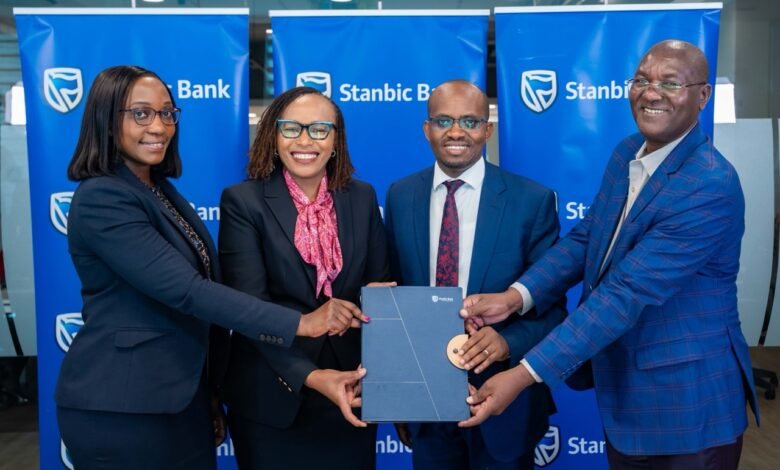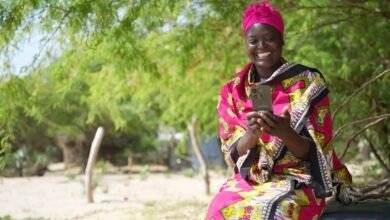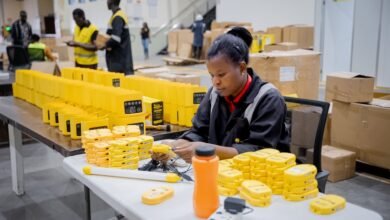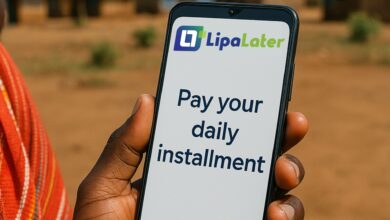
Stanbic Bank Kenya has just rolled out a new financing package aimed squarely at removing the biggest barrier to solar adoption: the high upfront cost. The bank announced the new loan structures today as part of a new partnership with Safer Power Limited, a Nairobi-based solar installation (EPC) company.
The core of the new offer is a significant overhaul of the bank’s loan terms for renewable energy projects, making them far more accessible for both homeowners and businesses.
Here are the key changes to its “Renewable Energy Proposition”:
- Up to 100% Financing: Eligible clients will not be required to pay a down payment, with the bank financing the entire cost of the solar system.
- 10-Year Loan Tenor: The loan repayment period has been extended to a maximum of 10 years. This move is designed to make monthly repayments cheaper, ideally positioning the loan repayment to be less than or equal to a standard monthly power bill.
- Payment Moratorium: Clients will get a “moratorium on principal repayments” during the project development phase, meaning they won’t have to start paying the main part of the loan until after the system is actually installed and operational.
A simpler path for small businesses
The most significant change is arguably for small and medium-sized enterprises (SMEs). Stanbic is stripping back the traditionally complex credit assessment process for smaller projects.
For any solar installation costing less than $50,000 (approximately KES 6.5 million), SMEs will no longer need to provide full, audited financial statements. Instead, they can get approved based on their account turnover records.
Additionally, the bank states that “no additional collateral” will be required for qualifying clients. Stanbic is also waiving processing fees (NIL fees) and offering discounted interest rates on these new solar loans for SMEs. This combination of changes directly targets the financial and administrative hurdles that typically lock small businesses out of asset financing.
The market context and partner details
This financing push comes as solar adoption in Kenya is hitting an inflection point. The bank cited recent data from KIPPRA and the IEA showing that Kenya’s installed solar capacity exceeded 229 megawatts by mid-2024. That figure is projected to grow over 28% annually through 2027 as businesses and individuals seek alternatives to rising grid costs and reliability issues.
To streamline the process, Stanbic is working with a panel of “onboarded” Engineering, Procurement, and Construction (EPC) partners, including the newly signed Safer Power Limited. These partners will provide free energy audits for potential clients to determine their exact energy requirements and the appropriate system size.
A key condition of the financing is that all equipment – panels, batteries, and inverters – must be sourced from Tier 1 manufacturers, a move intended to prevent the use of substandard hardware.
“We have redesigned our renewable energy offering to give clients more flexibility, affordability, and access to clean energy,” said Florence Wanja, Regional Head at Stanbic Bank.
Dalmus Mbai, Group CEO of Safer Power, added that the collaboration combines his firm’s “innovative technology with accessible and flexible financing.”
Finally, Stanbic is bundling in a non-financial perk for its business clients: free access to the Standard Bank’s Sustainability Academy. This is an online learning platform designed to teach business owners about Environmental, Social, and Governance (ESG) principles, renewable energy options, and carbon markets.
The new Stanbic solar deal: At a glance
- Loan Term: Up to 10 years.
- Financing: Up to 100% of the project cost.
- Payment Holiday: A moratorium on principal repayments during the installation phase.
- SME Lending: Simplified credit assessment (based on turnover) for projects under $50,000 (KES 6.5M).
- Collateral: No additional collateral required for qualifying clients.
- Partner Perks: Free energy audits from accredited EPC partners.
- Fees: Zero processing fees and discounted interest rates for SMEs.
- Equipment: Only Tier 1 solar hardware is eligible for financing.
- Bonus: Access to a free sustainability and ESG learning platform for business clients.






